Nritaal: Amir Khusrau continues to inspire
The new theatre troupe Nritaal is set to mark its debut with a dance performance based on Khusrau’s works
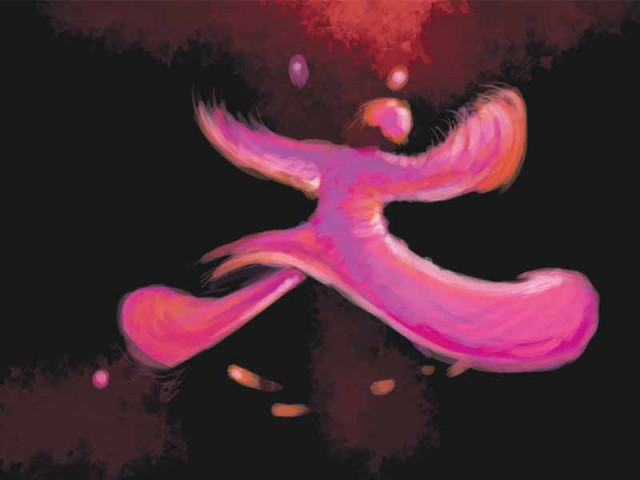
Nritaal: Amir Khusrau continues to inspire
For the performing art scene in Pakistan, the advent of a new troupe is a sign that the genre of entertainment has sustained despite unfavourable security conditions across the country. Nritaal is one such troupe, taking its origin from two different words, nrit that means ‘dance’ or ‘theatre’ and taal meaning ‘rhythm’. The group aims to mark a debut with a performance based on the works of Amir Khusrau — the subcontinent’s legendary musician, scholar and poet.
Nritaal’s debut performance is complex as it is no doubt very difficult to interpret Khusrau’s multilayered poetry, but the young group — comprising of seven artists: Suhaee Abro, Ahsan Bari, Sohaib Lari, Sara Haider, Ali Haider, Abdul Aziz Kazi and Amir Ahmed, who is also the co-producer — is ready to take up the challenge.
“The point of doing a performance based on Amir Khusrau’s works is the fact that we feel they are beautiful and talk about emotions in a very simple and graceful manner. People today have become robots, they’ve forgotten how to express their emotions,” says Suhaee Abro, the dance director for the performance.
The artist has been learning dance from Sheema Kermani since the age of seven. She specialises in Bharatnatyam and has also learnt Kathak. For Abro, the performance based on Khusrau’s works is more about self discovery as a dancer: “Through Amir Khusrau, I’m trying to discover my own style — something I have actually been trying to do for the past one year.” The performance will be a mixture of classical, contemporary and Sufi dance styles with a choreographic focus on the freedom of expression through body movements or just facial expressions.
A lot of work has been done on Khusrau in different forms of art, ranging from painting to music. His widely popular qawwalis like “Man Kunto Maula” and “Chhap Tilak” have been adapted in various genres of music by different artists worldwide.
“Every word by Amir Khusrau is sacred and his writings are sung in a certain way, but I guarantee that our contemporary rendition of ‘Chhap Tilak’ and ‘Man Kunto Maula’ will definitely be something new and worth listening for audiences,” says Ahsan Bari, the music director and co-producer of the project.
Khusrau is often considered as the pioneer of the contemporary qawwali, as he fused together Persian and Indian lyrical traditions.
“Amir Khusrau was a contemporary of his own time, a total nonconformist by approach. Taking inspiration from him and his music, we as musicians are trying to break through different genres so that the music we make from his poetry ends up being completely inspirational and nonconformist like the legend’s personality itself,” adds Bari.
The musicians will be playing different genres for their first onstage rendition, experimenting with obsolete beat cycles, dying classical instruments and a number of vocalists to create what they call ‘World Music’.
“Our performance will stand out musically,” Bari believes the project does not have run-of-the-mill fusion of rock music with a classical vocalist, because “we are merging classical instruments like sarangi and sitar with instruments like drums and the electronic guitar”.
The performance is set to hit the stage right after Eid and Sabiha Zia, Mohi Abro and Abdul Aleem Shekhani will accompany Suhaee as dancers.
Nritaal is yet to finalise the launch date of their first formal dance performance.
Published in The Express Tribune, August 15th, 2011.

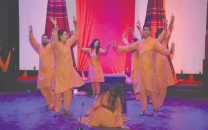


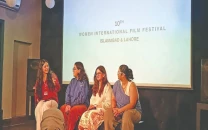
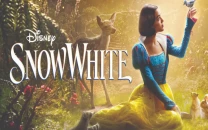
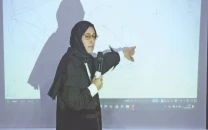











COMMENTS
Comments are moderated and generally will be posted if they are on-topic and not abusive.
For more information, please see our Comments FAQ